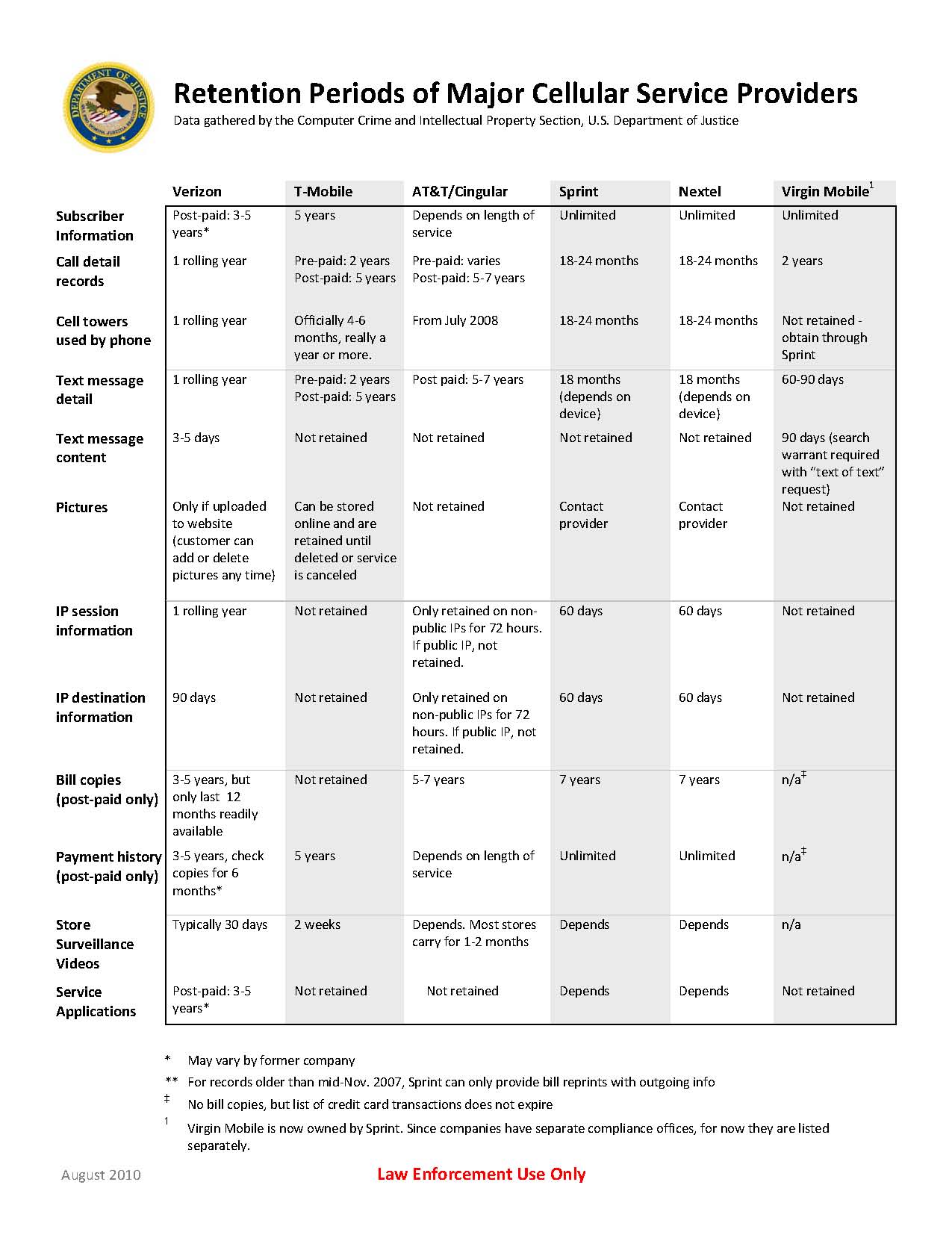There is nothing new about news outlets promoting tips and tricks to lower your monthly cable bill. We publish similar stories ourselves here on Stop the Cap! But some newspapers take things further, openly advocating you disconnect your cable service for good and watch everything online. This week, we found one even willing to publish website addresses that skirt copyright laws and take online video underground.
The State Press encourages Arizona State students to thumb their noses at Cox Communications’ latest offer — cable television for $29.99 a month, good for six months (regular price $70). Instead, they encourage, take your viewing online to Netflix and Hulu — the former for movies, the latter for television series. But with cable companies and Hollywood studios conspiring to tackle the growing problem of cord-cutting, new restrictions are finding their way to fans of both websites, including waiting periods, limited series runs, and higher subscription fees. This means war to the State Press:
There is a dark side to these two corporate entities, however. In their attempt to slowly weasel their way into your pockets a bit more, Hulu has gone Plus and Netflix has divided their packages, limiting your viewing. Hulu has seemingly said, “You can pay a little more to watch it the day after, right? No? Well, then I guess you’re waiting five more days for that recent episode,” while Netflix has exclaimed, “Unlimited to our choosing! You’re going to have to pay up if you want every movie out there.” So we must retaliate and go a little dark ourselves.
The author advises readers there is a way around the roadblocks — visiting a website already shut down once by copyright enforcement action (but has since resurfaced with a Chinese web address), providing a list of links to other websites that host copyright-infringing videos you can’t watch on Hulu or Netflix.
While the author of the State Press story may not realize it, a brief test visit to the “pirate-streamed site” opened the door to some nefarious extras. With the help of Malwarebytes’ Anti-Malware, we stopped unwanted browser toolbars, various intrusion attempts, and even a few pieces of actual malware that wanted in on the party. Without the most robust security software, visits to websites with underground video content can wreak havoc, and there are not that many TV shows worth watching to make that headache worthwhile.
The website owner disclaims responsibility from just about everything:
“[This website] does not host, provide, archive, store, or distribute media of any kind, and acts merely as an index (or directory) of media posted by other webmasters on the internet, which is completely outside of our control. Whereas we do not filter such references, we cannot and do not attempt to control, censor, or block any indexed material that may be considered offensive, abusive, libellous, obnoxious, inaccurate, deceptive, unlawful or otherwise distressing neither do we accept responsibility for this content or the consequences of such content being made available.”
We encourage you to exercise caution visiting websites that are willing to skirt copyright laws. Up-to-date antivirus and spyware detection software when visiting is a must at all times. Many of these sites stay in business selling ad space to anyone, and those ads can come with unwanted malware that can find its way onto your computer long after the viewing is over. Be careful.


 Subscribe
Subscribe






